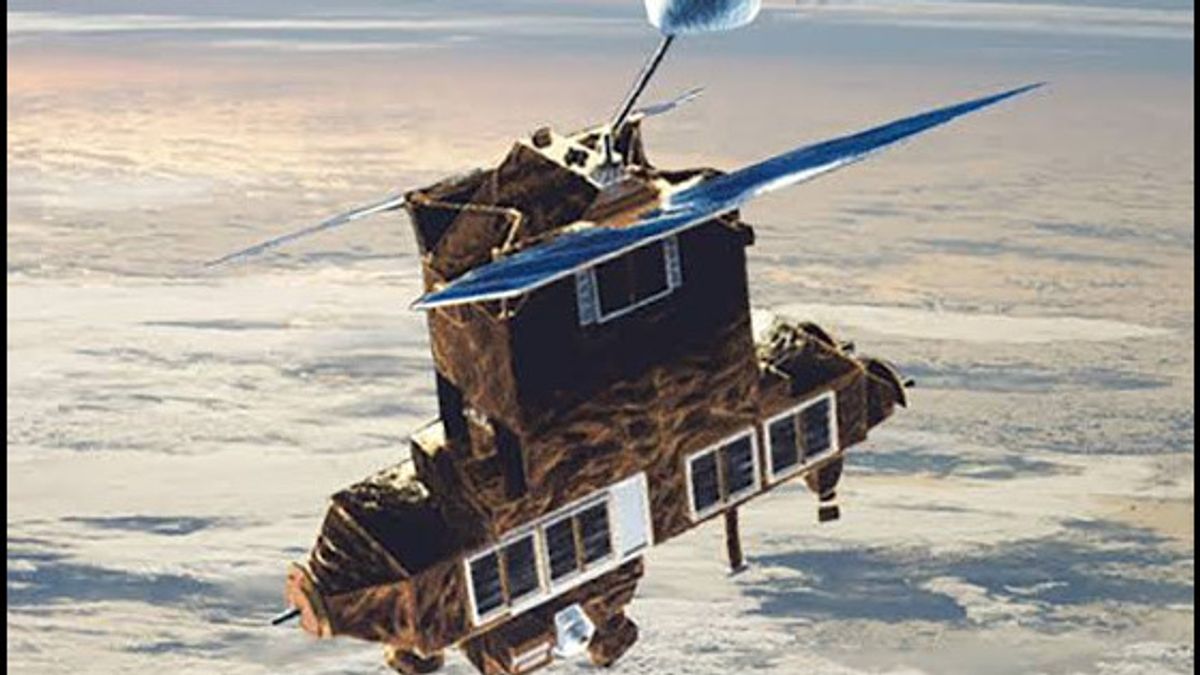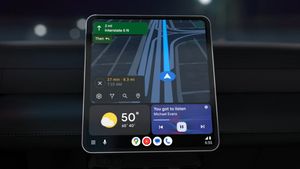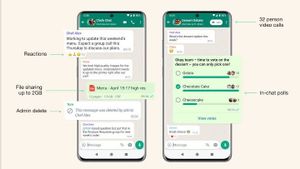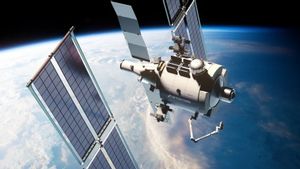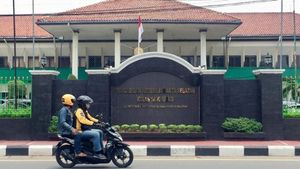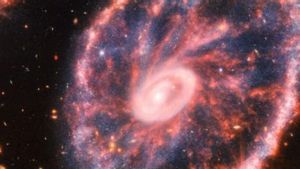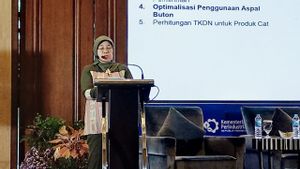JAKARTA - A NASA satellite that has spent nearly four decades observing the world's ozone and measuring radiation energy is estimated to hit Earth's atmosphere on Sunday, January 8 local time.
Although most of the satellites are thought to burn up in the atmosphere and pose a non-hazardous risk, some debris may reach the surface.
The US Department of Defense estimates that the Earth Radiation Budget Satellite or ERBS will re-enter the atmosphere at 6:40 p.m. ET on Sunday. Satellite tracking will continue, as it is not yet known where the debris will land.
"NASA estimates that most of the satellite will burn up as it moves through the atmosphere, but some components are expected to survive re-entry. The risk of harm to anyone on Earth is very low, approximately 1 in 9,400," NASA said in a statement.
NASA’s retired Earth Radiation Budget Satellite (ERBS) is expected to reenter Earth’s atmosphere after almost 40 years in space.
The @DeptofDefense currently predicts reentry at approximately 6:40 pm EST on Jan. 8.https://t.co/3VKDIqDh0X pic.twitter.com/WDpxOC3Hl4
— NASA Earth (@NASAEarth) January 6, 2023
The 5.400 pound ERBS, launched in 1984, was an early tool for investigating climate change from space.
The satellite works to measure Earth's radiation energy budget, which refers to how much energy Earth gets from the Sun and how much it radiates out into space.
These measurements are related to climate factors such as aerosols and greenhouse gases as well as formations such as clouds and surface geography.
SEE ALSO:
"The ozone layer data provided by the ERBS was key to the international community's decision-making process during the Montreal Protocol Agreement, which has resulted in near-disappearance of chlorofluorocarbons (CFCs) in industrialized countries," NASA said.
The ERBS consists of three sensors, two to study the Earth's radiant energy balance, and one to measure ozone and other elements of the stratosphere.
Quoting Digital Trends, Monday, January 9, going well beyond its original planned timeframe of two years, the ERBS continued to collect data through 2005, making it a 21 year total mission.
The English, Chinese, Japanese, Arabic, and French versions are automatically generated by the AI. So there may still be inaccuracies in translating, please always see Indonesian as our main language. (system supported by DigitalSiber.id)
